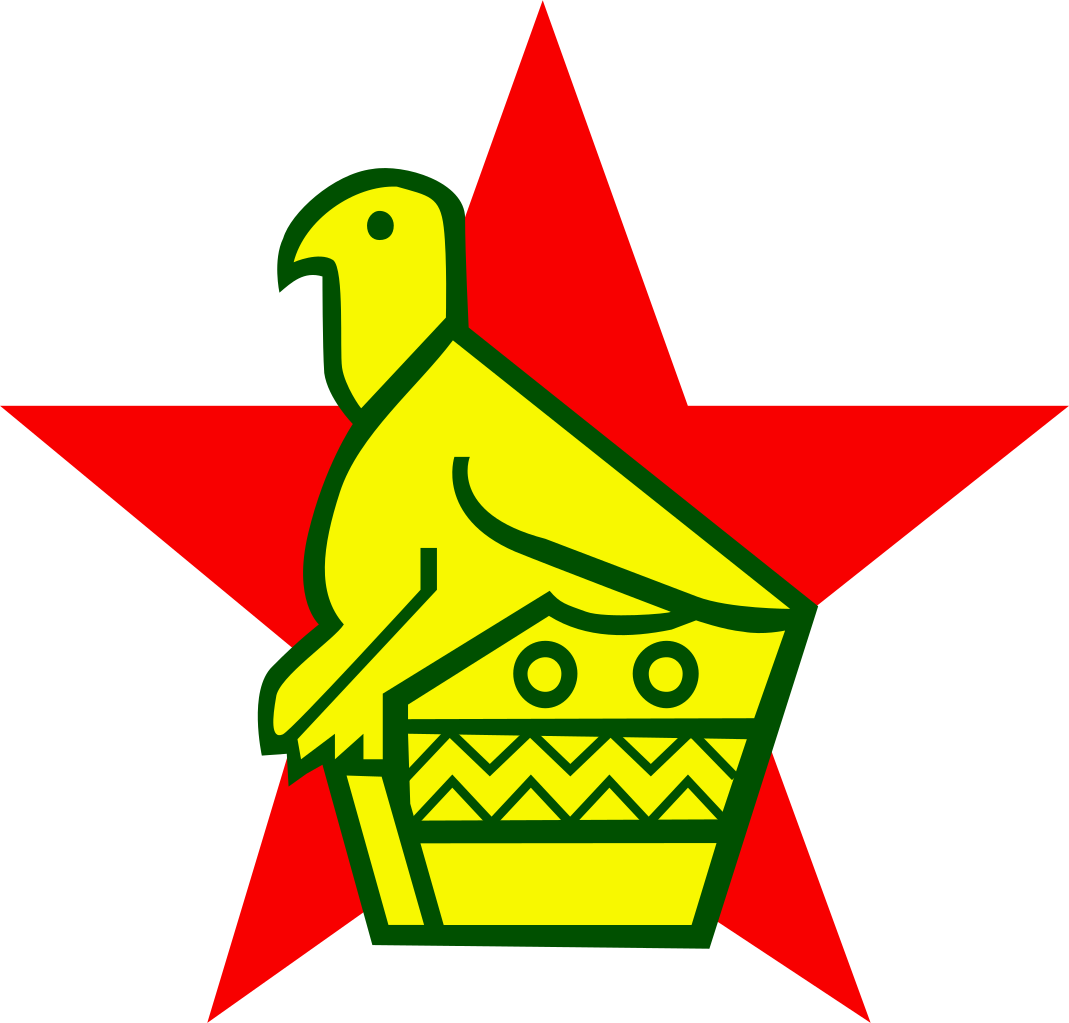AngryPixel
Chairman of Selectors
- Joined
- Jul 28, 2009
- Location
- Mumbai, India
- Online Cricket Games Owned
- Don Bradman Cricket 14 - PS3
- Don Bradman Cricket 14 - Steam PC
I was just browsing through Wiki in half awake state  . Then something popped in my head and i decided to check it. Results gave me a shock, followed by fear
. Then something popped in my head and i decided to check it. Results gave me a shock, followed by fear 
I always knew that blood group O- was rare, but was never bothered about it till i knew the stats. I wish i hadn't checked them. There are just 2% O- people in India and just 4 % all around the world. Yeah we are universal donors, sounds nice but what the heck
Only consolation is that my bro is also O- so i dont have to be that worried about this fact
So the google says O Blood groups has both type of antibodies and no antigens. That leaves a few questions.
O Blood groups has both type of antibodies and no antigens. That leaves a few questions.
What is the disadvantage of O- blood group?(other that rarity)
Do the lack of antigens affect O- people?
 . Then something popped in my head and i decided to check it. Results gave me a shock, followed by fear
. Then something popped in my head and i decided to check it. Results gave me a shock, followed by fear 
I always knew that blood group O- was rare, but was never bothered about it till i knew the stats. I wish i hadn't checked them. There are just 2% O- people in India and just 4 % all around the world. Yeah we are universal donors, sounds nice but what the heck

Only consolation is that my bro is also O- so i dont have to be that worried about this fact
So the google says
 O Blood groups has both type of antibodies and no antigens. That leaves a few questions.
O Blood groups has both type of antibodies and no antigens. That leaves a few questions. What is the disadvantage of O- blood group?(other that rarity)
Do the lack of antigens affect O- people?








